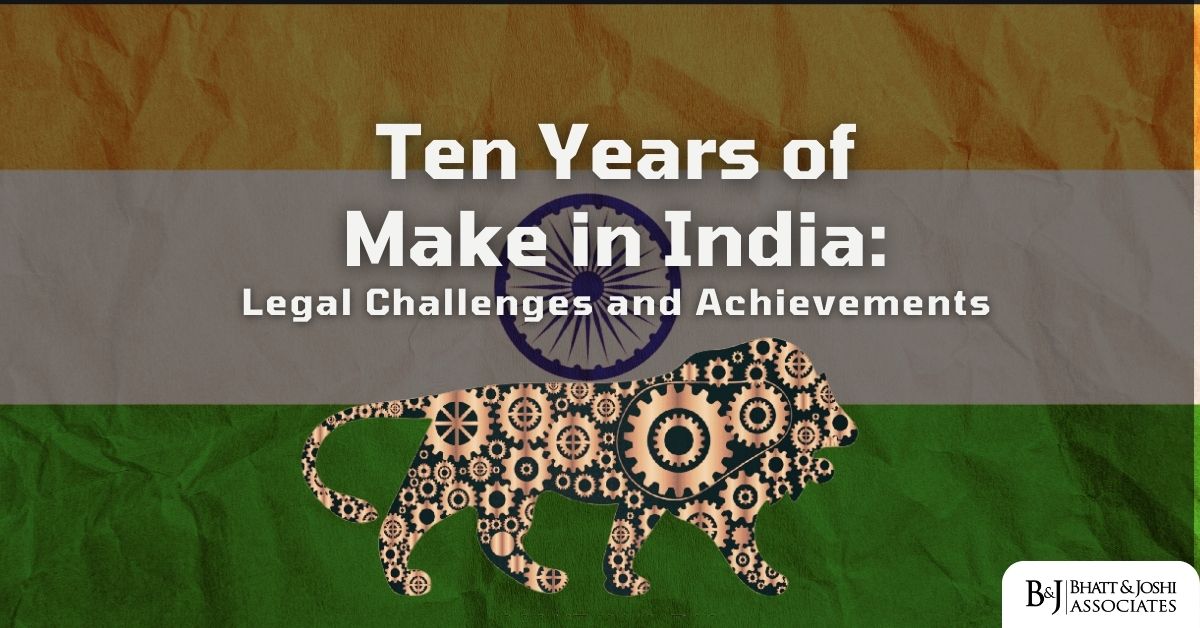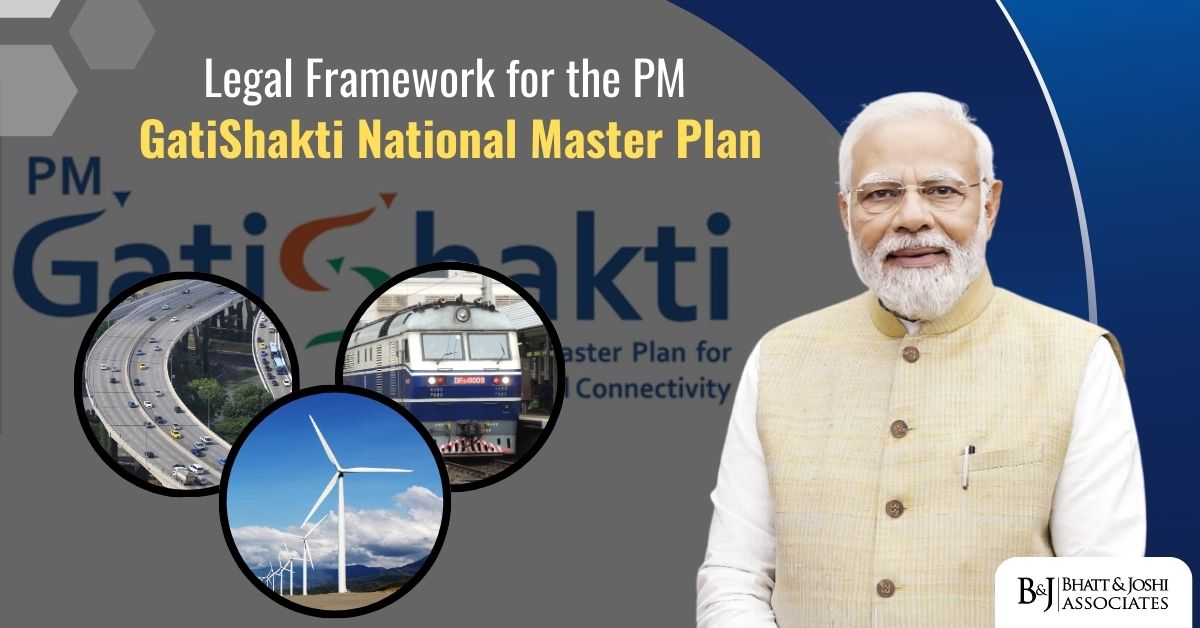Introduction
The right to refuse medical treatment is a fundamental aspect of patient autonomy and self-determination, deeply intertwined with ethical and legal principles. In India, this right has been the subject of significant judicial and societal debate, particularly concerning living wills, do-not-resuscitate (DNR) orders, and euthanasia. This article explores the legal framework, ethical considerations, and practical implications of these issues, providing a comprehensive understanding of the right to refuse treatment in India.
Legal Framework: Right to Refuse Medical Treatment in India
The Indian Constitution, under Article 21, guarantees the right to life and personal liberty. This provision has been expansively interpreted by the judiciary to encompass the right to live with dignity, which includes the right to refuse medical treatment. The landmark case of Common Cause (A Regd. Society) vs. Union of India (2018) marked a significant development in this area, where the Supreme Court recognized the legality of passive euthanasia and the right to make advance directives or living wills. In Common Cause, the Court held that individuals have the right to die with dignity, thereby allowing the withdrawal of life support systems in certain circumstances. This decision built upon earlier judgments, such as Aruna Shanbaug vs. Union of India (2011), where the Court permitted passive euthanasia under strict guidelines. The distinction between active and passive euthanasia was crucial, with active euthanasia—directly causing the death of a patient—remaining illegal.
Living Wills and Advance Directives
A living will, also known as an advance directive, is a legal document in which a person specifies their wishes regarding medical treatment in scenarios where they may become incapable of expressing consent. The recognition of living wills by the Supreme Court in the Common Cause judgment was a pivotal moment for patient rights in India. The Court laid down specific guidelines for drafting, recording, and implementing living wills, ensuring that they reflect the genuine intent of the person and are free from coercion or undue influence.
Key requirements for a valid living will include:
- The document must be executed by a competent individual, who is of sound mind and not under duress.
- It must be specific about the circumstances in which medical treatment should be withheld or withdrawn.
- The living will should be signed by the person in the presence of two independent witnesses and countersigned by a Judicial Magistrate of First Class (JMFC) to ensure its authenticity.
- It should be accessible to the healthcare providers responsible for the patient’s care, ideally included in the patient’s medical records.
Despite the legal recognition, the practical implementation of living wills faces challenges. These include a lack of public awareness, cultural resistance to discussing end-of-life care, and limited healthcare infrastructure to manage and respect these directives.
Do-Not-Resuscitate (DNR) Orders
DNR orders are directives given by patients or their surrogates to healthcare providers, instructing them not to perform CPR or other life-saving measures in the event of cardiac or respiratory arrest. In India, the legal and ethical recognition of DNR orders is evolving, with the need for clear guidelines and protocols becoming increasingly apparent. DNR orders raise complex ethical issues. They must balance the patient’s right to refuse treatment with the healthcare provider’s duty to preserve life. In practice, DNR decisions require thorough discussions between the patient, family members, and medical professionals, often facilitated by an ethics committee. The process should ensure that the patient’s autonomy and wishes are respected while considering the medical, ethical, and legal implications.
Euthanasia: Passive vs. Active
The distinction between passive and active euthanasia is critical in understanding the legal landscape in India. Passive euthanasia, as recognized by the Supreme Court, involves withholding or withdrawing medical treatment that sustains life, allowing the natural process of dying to occur. This form of euthanasia is permissible under Indian law, subject to strict guidelines to prevent abuse. Active euthanasia, however, involves direct intervention to end a patient’s life, such as administering a lethal dose of medication. This practice remains illegal in India, as it is considered an intentional act to cause death, which conflicts with the legal and ethical duty to preserve life. The ethical debate on euthanasia in India is multifaceted, involving considerations of autonomy, quality of life, and societal values. While some argue that individuals should have the right to choose the manner and timing of their death, others emphasize the potential for abuse and the moral obligation to protect life.
Ethical Considerations on the Right to Refuse Medical Treatment
Ethical principles play a central role in the discourse on the right to refuse treatment. Key ethical considerations include:
- Autonomy: The principle of autonomy supports the right of individuals to make decisions about their own bodies and medical treatment, including the decision to refuse treatment. This principle is foundational to respecting patient rights and dignity.
- Beneficence: Healthcare providers have an ethical duty to act in the best interests of their patients, promoting their well-being. This duty often involves providing treatment that is expected to benefit the patient.
- Non-Maleficence: The principle of non-maleficence obligates healthcare providers to avoid causing harm. In the context of end-of-life care, this principle supports decisions to withhold or withdraw treatment that may prolong suffering without a reasonable expectation of recovery.
- Justice: The principle of justice concerns the fair and equitable distribution of healthcare resources. It raises questions about the allocation of limited medical resources, especially in cases where treatment may only prolong life without improving its quality.
These ethical principles must be carefully balanced in clinical decision-making, particularly when dealing with end-of-life care. Healthcare providers must navigate these principles while respecting the diverse cultural and religious values that influence patients’ preferences and decisions.
Healthcare Infrastructure and Implementation
The practical implementation of advance directives, DNR orders, and passive euthanasia requires a robust healthcare infrastructure and clear legal and ethical guidelines. Key challenges include:
- Public Awareness and Education: There is a need for widespread public awareness and education on the rights to refuse treatment and the options available. Many individuals are unaware of their rights or the legal tools, such as living wills, that can help them exercise these rights.
- Training for Healthcare Providers: Healthcare providers must be trained in ethical decision-making, communication skills, and the legal aspects of end-of-life care. This training should include understanding the guidelines for implementing living wills and DNR orders and handling sensitive discussions with patients and families.
- Role of Ethics Committees: Hospital ethics committees play a crucial role in mediating complex cases, providing guidance on ethical dilemmas, and ensuring that patients’ rights are respected. These committees must be equipped to handle the legal, ethical, and emotional aspects of end-of-life care decisions.
- Documentation and Accessibility: Ensuring that advance directives and DNR orders are properly documented and accessible to healthcare providers is essential for their implementation. This requires integrating these documents into patients’ medical records and making them readily available during medical emergencies.
Policy Recommendations and Future Directions
To enhance the legal and ethical framework for the right to refuse treatment in India, several policy recommendations can be made:
- Strengthening Legal Protections: Clearer legislation and guidelines are needed to protect the rights of individuals to refuse treatment, including the establishment of a national registry for living wills and advance directives.
- Promoting Public Engagement: Public campaigns and educational programs should be implemented to raise awareness about the right to refuse treatment and the importance of advance planning for end-of-life care.
- Enhancing Healthcare Infrastructure: Investment in healthcare infrastructure, including training programs for healthcare providers and the development of ethics committees, is crucial for the effective implementation of end-of-life care policies.
- Addressing Cultural and Religious Sensitivities: Policy frameworks should consider India’s diverse cultural and religious landscape, ensuring that legal provisions align with societal values and beliefs.
Conclusion: Upholding the Right to Refuse Medical Treatment in India
The right to refuse medical treatment in India is a complex and evolving area of law and ethics. The recognition of living wills, DNR orders, and passive euthanasia reflects a growing respect for patient autonomy and the right to die with dignity. However, the implementation of these rights requires careful consideration of ethical principles, robust healthcare infrastructure, and sensitive engagement with India’s diverse cultural and religious values. As the discourse on bioethics in India continues to evolve, ongoing dialogue and reform are essential to ensuring that the legal framework supports the dignity and rights of all individuals.














